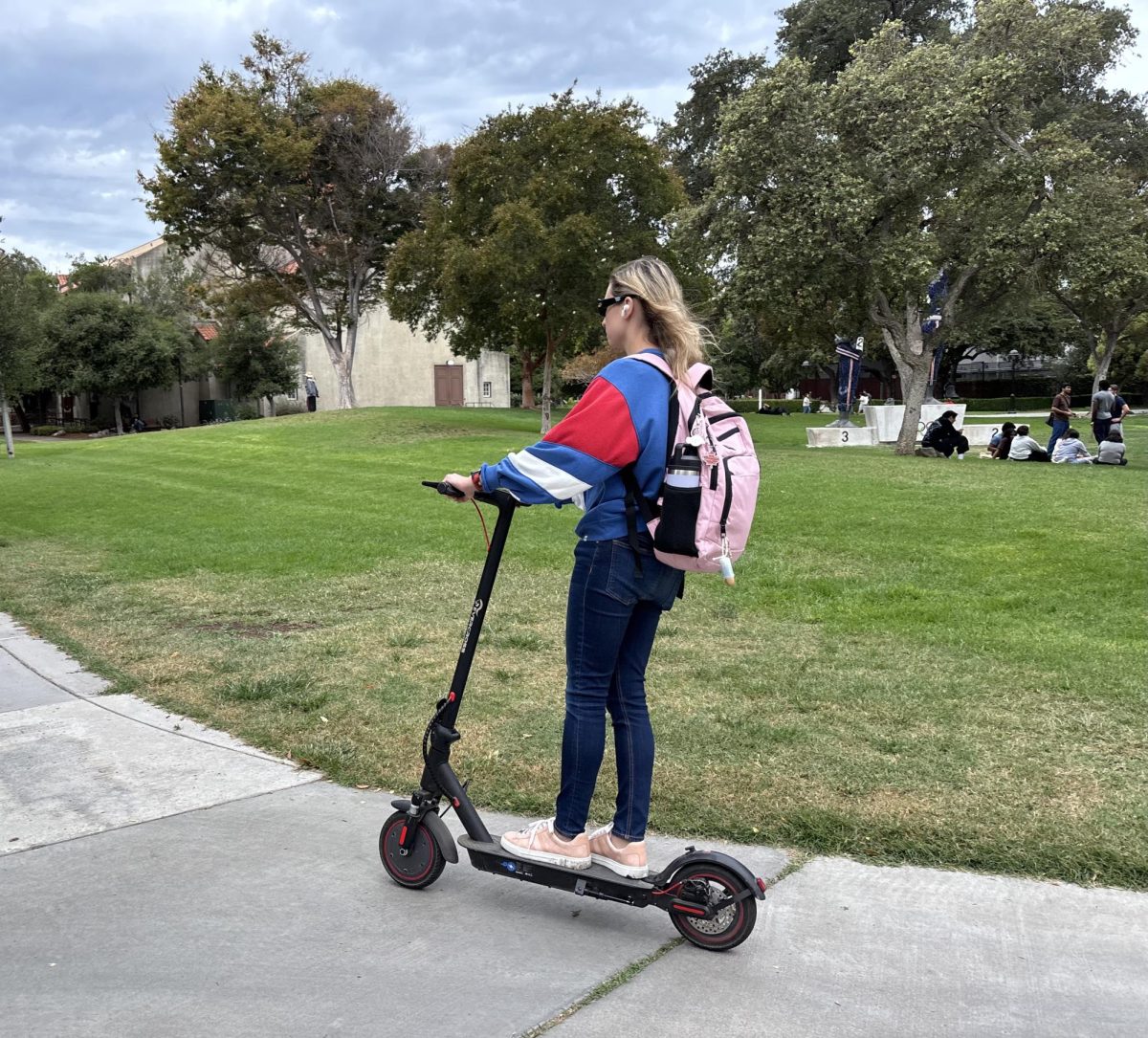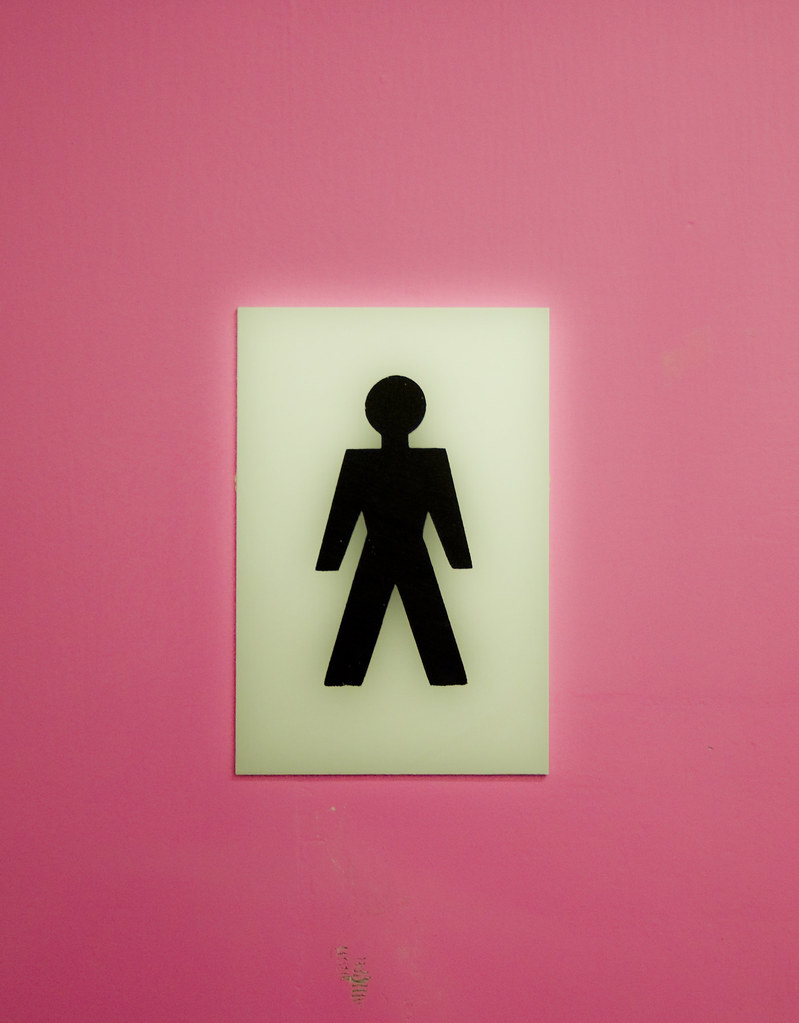It’s damaging and disrespectful to today’s youth that putting an iPad in an infant’s or toddler’s face has become a normalized parenting tactic.
In America, 80% of households with children own tablets, while households without any children make up 57%, according to an April 13, 2023 United States Census Bureau study.
It’s undeniable that technology has become integrated into society every day, and concurrently it has become incorporated into parenting techniques.
Technology has become a tool for parents to avoid parental obligations and can border on emotional neglect.
I have witnessed toddlers have outbursts because of boredom, which is a typical behavior in young children.
Rather than try to calm their kids down or give them attention, it has become common for parents to give them a tablet.
A need for attention from parents is a natural instinct that is an adaptation for survival, according to a Nov. 2015 children’s attachment guideline from the National Collaborating Centre for Mental Health.
When a child is in emotional despair, they turn to their primary attachment figure, their parent or caregiver, according to the same guideline.
It is easy to hand over a device to a kid to ease their boredom, and when parents yearn for some quiet, they may offer them this distraction.
However, the easiest solutions aren’t always the best solutions.
When parents give their kids a tablet, it drives them to be dependent on technology and struggle to manage emotions, according to an April 13, 2023 study by the American Psychological Association
This has produced the infamous genre of children categorized as “iPad kids,” which I view as an unfortunate outcome of irresponsible, lazy and absent parenting.
This phenomenon has especially increased since the pandemic, with in-person classes and activities being put to a halt and switched to online.
Ever since the pandemic, technology use in everyday life has only accelerated and the effects on children have been noticeable, as I see toddlers attached to their tablets daily.
I have personally seen what I view as technology addictions develop in children.
I’ve watched as a parent buys a tablet for their child and whenever they experience intense emotions, it’s used as a magical remedy that enhances emotional regulation.
It morphs into an addiction – the child cannot eat dinner, go outside and even enjoy their own birthday parties without a tablet.
With increased screen time, children are more likely to experience emotional and behavioral problems, such as hypersensitivity and aggression, according to a June 9 study by the American Psychological Association.
These behavioral issues are why iPad kids are described as unlikable – but instead of pointing fingers at the kids, we need to hold parents accountable.
More than half of kids enter kindergarten already having their own personal tablet, according to a 2025 study by The Common Sense Census.
I grew up with an iPad; however, I could only use it to watch YouTube and make dumb skits on video editing apps.
It wasn’t something I was dependent on, rather something I used for fun after I finished schoolwork and had free time.
Typically, iPad-kid parents also have grown up with technology, with their parents likely being millennials, defined as being born from 1981 to late 1996, according to Britannica.
Parental technoference – parents being attached to their phone while in the presence of their child is another bad influence on children and only furthers the distance between parent and child.
The World Wide Web was invented in 1989, according to the Science Media Museum, making millennials the first generation to have easy access to global information and to experience every technological advancement since then.
Both parties are victims of the same vicious and never-ending cycle.
Once a parent realizes their child’s attachment to their device is unhealthy, they might try to fix the issue by confiscating it, leading to a meltdown.
This is a result of children relying on technology for emotional regulation and when it is stripped away, they no longer have their tool to manage their emotions.
It becomes too difficult and time-consuming to attempt to fix this issue, so parents just allow it to fester, setting their children up for failure.
I believe parents can take it too far with the tablets and constantly use them as an easy solution to “solve” a child’s distress.
To me, this is when it can cross the line into emotional neglect, when parents give children devices to avoid being responsive to their emotions.
Emotional neglect occurs when a caregiver cannot fulfill their child’s emotional needs because of impaired parenting skills, according to the National Center for Biotechnology Information.
I do not believe technology is inherently bad or causing issues for children, but overindulgence is the issue.
A lot goes into parenting, and it is never a simple or linear experience, so I understand why many parents resort to repeatedly giving their kids devices.
But it is owed to the children, who are being failed every day by this kind of parenting, to have an intervention, mediate their screen time and start spending more quality time with them.











































